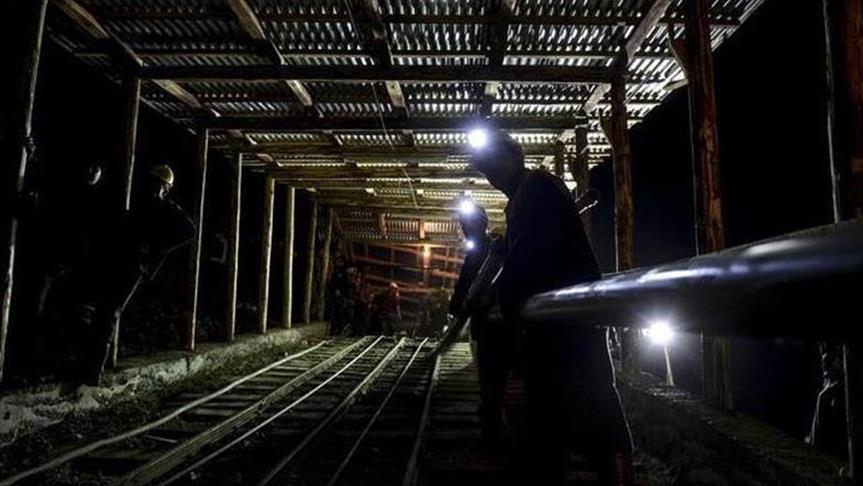
Kinshasa
KINSHASA, Democratic Republic of Congo
Amnesty International and African Resources Watch (Afrewatch) have accused such technology and car companies as Apple, Vodafone or Volkswagen of doing nothing to prevent child labor and other abuses in cobalt mines in the Democratic Republic of Congo.
Amnesty released a report on Tuesday titled “This is what we die for: Human rights abuses in the Democratic Republic of Congo power the global trade in cobalt”.
Cobalt is a mineral used in lithium batteries for smartphones, laptops and electric cars. The DRC provides half the world’s cobalt, according to Amnesty International.
According to the report, children work for up to 12 hours a day in the mines, carrying heavy loads to earn between one and two dollars a day.
Paul, 14-year-old orphan and cobalt miner, was quoted in the report as saying: "I would spend 24 hours down in the tunnels. I arrived in the morning and would leave the following morning."
In 2014, approximately 40,000 children worked in mines across the southern Democratic Republic of Congo, many of them in the cobalt mines, according to UNICEF.
Amnesty found that one of the largest companies at the center of the cobalt trade was Congo Dongfang Mining International (CDM).
“CDM is owned subsidiary of China-based Zhejiang Huayou Cobalt Company Ltd (Huayou Cobalt), one of the best known consumer electronics companies, including Apple Inc., Dell, HP Inc. (formerly Hewlett-Packard Company), Huawei, Lenovo (Motorola), LG, Microsoft Corporation, Samsung, Sony and Vodafone, as well as vehicle manufacturers like Daimler AG, Volkswagen and Chinese firm BYD,” the report said.
Most of the companies said they were investigating the claims.
Sony wrote a brief reply to Amnesty International and did not confirm or deny whether it sourced components from Ningbo Shanshan.
“We take this issue seriously and have been conducting a fact finding process. So far, we could not find obvious results that our products contain the cobalt originated from Katanga in the DRC," Sony said.
Mark Dummett, business and human rights researcher at Amnesty International was quoted in the report as saying: “The glamorous shop displays and marketing of state of the art technologies are a stark contrast to the children carrying bags of rocks, and miners in narrow manmade tunnels risking permanent lung damage.”
“Many of these multinationals say they have a zero tolerance policy for child labour. But this promise is not worth the paper it is written when the companies are not investigating their suppliers. Their claim is simply not credible,” Dummett added. “It is high time the big brands took some responsibility for the mining of the raw materials that make their lucrative products.”
“It is a major paradox of the digital era that some of the world’s richest, most innovative companies are able to market incredibly sophisticated devices without being required to show where they source raw materials for their components,” said Emmanuel Umpula, Afrewatch (Africa Resources Watch) Executive Director.
“We found that traders are buying cobalt without asking questions about how and where it was mined,” he added.
According to miners and representatives of miner’s cooperatives, the Congolese government is aware of all mining activities taking place in the country, including in unauthorized locations.
Anadolu Agency website contains only a portion of the news stories offered to subscribers in the AA News Broadcasting System (HAS), and in summarized form. Please contact us for subscription options.

